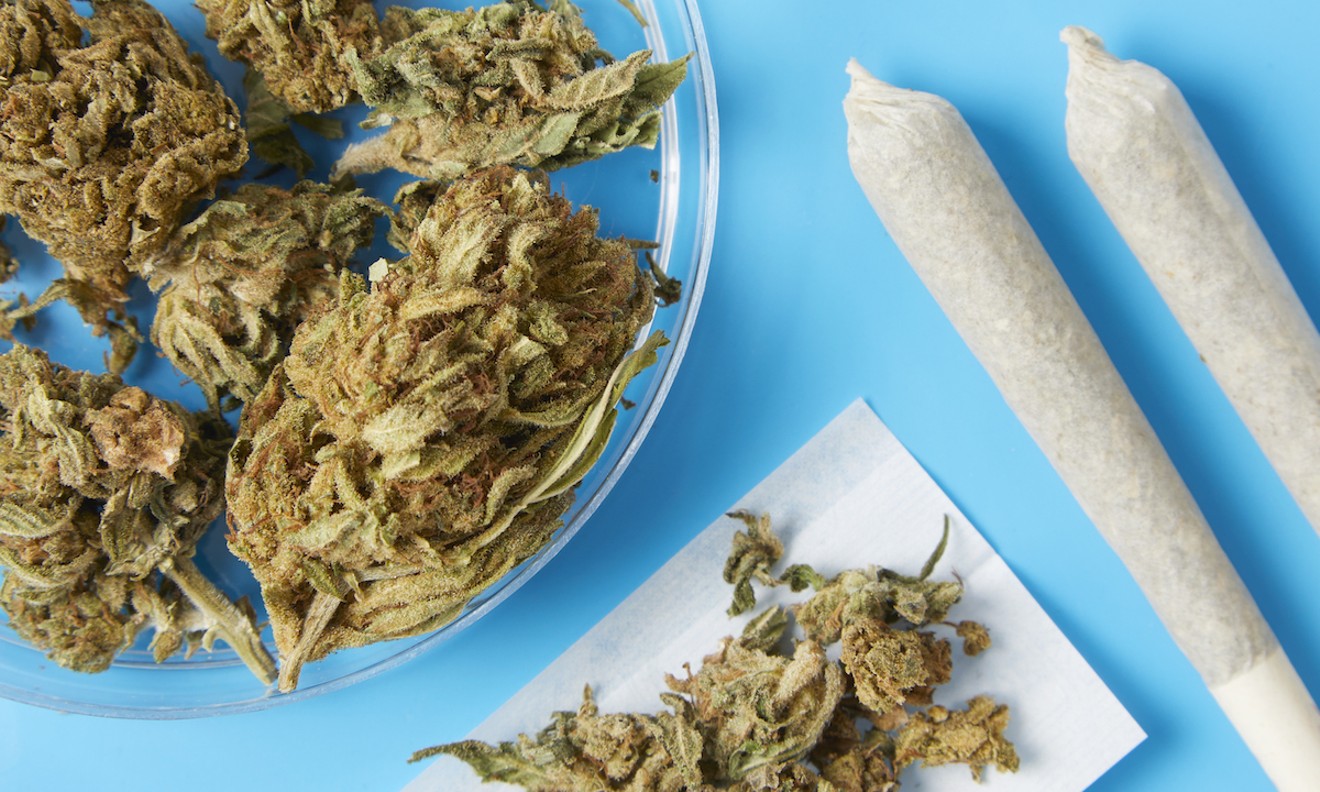Check Out the Best Alternatives for Medical Marijuana Near Me for Efficient Alleviation
Check Out the Best Alternatives for Medical Marijuana Near Me for Efficient Alleviation
Blog Article
Shedding Light on What Medical Marijuana Can Cure: an In-Depth Evaluation of Its Restorative Qualities
In current years, there has actually been an expanding interest in the restorative potential of medical marijuana. While unscientific proof abounds, an extensive exam of the clinical data pertaining to the effectiveness of medical marijuana in treating these conditions is necessitated.
Persistent Pain Management
Persistent pain monitoring remains a crucial aspect of treatment, demanding a detailed strategy for efficient treatment. In recent times, clinical cannabis has actually become a possible therapeutic option for individuals dealing with persistent pain problems. The endocannabinoid system, which plays a crucial function hurting inflection, has been targeted by cannabis-based therapies to boost and reduce signs lifestyle for people.

Furthermore, clinical marijuana supplies an encouraging choice for clients that experience excruciating adverse effects from traditional pain medicines. Its capacity to resolve pain with a different device makes it an important enhancement to the toolbox of treatments offered for persistent pain monitoring.
Epilepsy Therapy Prospective
Medical cannabis has shown appealing possibility in the treatment of epilepsy, offering a novel restorative technique for managing seizures in clients. Epilepsy is a neurological disorder identified by recurring seizures, impacting individuals of all ages. Standard therapies for epilepsy include antiepileptic medicines, yet these medicines might not work for all clients and can have significant side effects.
Research study on making use of clinical marijuana for epilepsy has actually revealed encouraging outcomes. Cannabidiol (CBD), a non-psychoactive compound located in marijuana, has been particularly highlighted for its anticonvulsant residential properties. Research studies have shown that CBD can reduce the frequency and seriousness of seizures in clients with treatment-resistant types of epilepsy, such as Dravet disorder and Lennox-Gastaut syndrome.
Additionally, the FDA has approved a CBD-based medicine, Epidiolex, for the therapy of seizures linked with these severe forms of epilepsy. This landmark underscores the expanding recognition of clinical cannabis as a useful restorative choice for handling epilepsy and supplies hope for individuals who have actually not responded well to traditional treatments.
Nausea Alleviation Advantages
The reduction of nausea with using marijuana has been progressively identified for its therapeutic advantages in various clinical problems. Nausea or vomiting and throwing up are typical signs and symptoms experienced by individuals undertaking chemotherapy, those with intestinal disorders, and individuals with persistent pain problems. Medical cannabis, with its active compounds such as THC and CBD, has shown guarantee in supplying alleviation from nausea or vomiting.

Moreover, clinical marijuana offers a natural alternative for individuals that do not respond well to traditional anti-nausea medications or who experience serious adverse effects from these medications. People undergoing radiation treatment, specifically, have reported substantial improvements in their lifestyle when using marijuana to manage nausea. As research study around proceeds to grow, medical cannabis is progressively being thought about as a useful choice for nausea alleviation in numerous medical settings.
Anxiety Reduction Impacts
Research studies have shown the potential of cannabis in reducing anxiousness signs through its interaction with the endocannabinoid system. The endocannabinoid system plays an essential function in regulating feelings, consisting of anxiety, by keeping homeostasis in the body. Cannabinoids in cannabis, such as THC and CBD, communicate with the endocannabinoid receptors in the brain, specifically the CB1 and CB2 receptors, to modulate anxiety-related reactions.

People with problems like generalized anxiousness problem (GAD), social anxiousness disorder, and my sources trauma (PTSD) may gain from the anxiolytic residential properties of marijuana (Medical Marijuana Card Clinton MS). Additional study is required to determine optimum does, distribution approaches, and long-lasting results on anxiety management.
Prospective for Inflammation Control
With its known anti-inflammatory residential properties, cannabis has revealed pledge in potentially controlling swelling within the read this article body. Swelling is the body's natural action to injury or infection, however when it comes to be persistent, it can add to different illness such as joint inflammation, inflammatory bowel condition, and even cardiovascular disease. Research suggests that the cannabinoids found in cannabis, such as THC and CBD, can help reduce and regulate the immune response swelling.
Studies have shown that marijuana can interact with the endocannabinoid system, which plays an important role in regulating inflammation. By targeting the cannabinoid receptors, marijuana compounds can modulate the immune response, causing a decline in inflammation degrees. This makes marijuana a possible candidate for managing inflammatory problems where traditional therapies have actually failed.
Additionally, cannabis-derived products like CBD oil have gotten popularity for their anti-inflammatory buildings, with lots of individuals utilizing them as a natural remedy for conditions related to swelling. While even more study is required to fully recognize the systems behind marijuana's anti-inflammatory impacts, present searchings for reveal encouraging outcomes for the prospective usage of clinical marijuana in regulating inflammation.
Verdict
In verdict, medical cannabis has revealed appealing therapeutic residential or commercial properties in taking care of chronic discomfort, dealing with epilepsy, relieving queasiness, lowering anxiety, and regulating inflammation. Its potential benefits in various medical problems highlight the importance of urgent primary care centre further research and exploration right into its medicinal use. The evidence recommends that medical cannabis can be a beneficial alternative therapy option for patients looking for alleviation from a range of problems and signs.
In current years, clinical marijuana has arised as a possible restorative option for individuals experiencing from persistent pain problems.Medical cannabis has shown promising capacity in the therapy of epilepsy, offering a novel restorative technique for managing seizures in clients. As research study in this location continues to grow, medical marijuana is significantly being considered as a valuable alternative for nausea relief in different clinical setups.
In verdict, medical marijuana has shown appealing restorative properties in taking care of chronic pain, treating epilepsy, easing queasiness, minimizing stress and anxiety, and managing inflammation. The evidence suggests that clinical marijuana could be a beneficial choice therapy alternative for clients looking for relief from a variety of conditions and signs.
Report this page